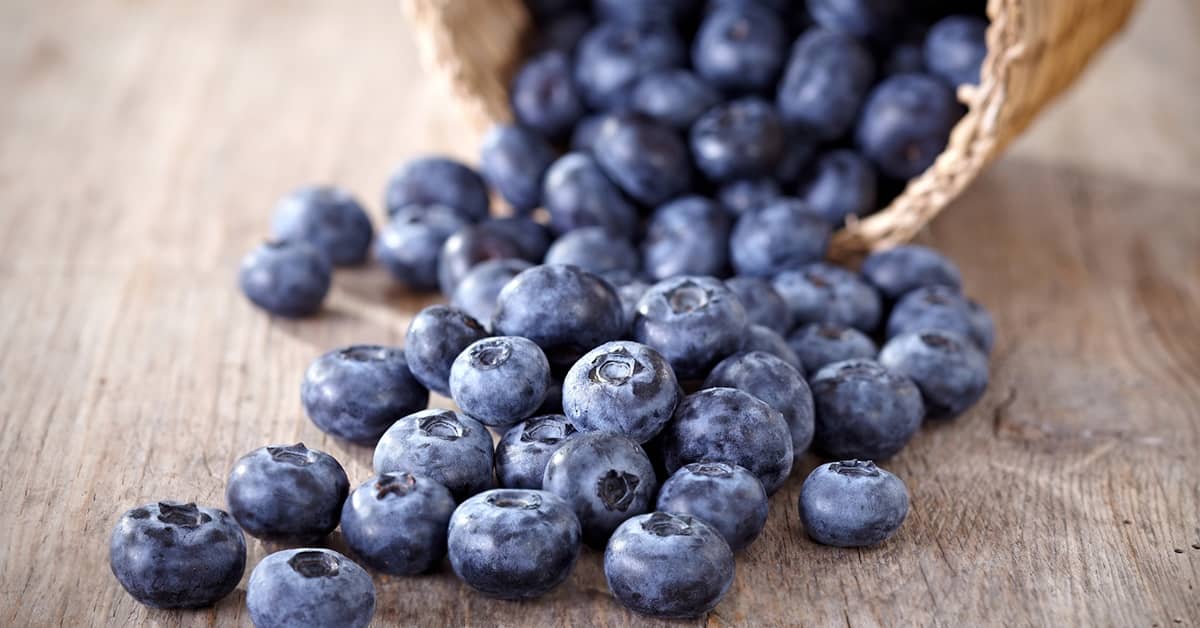
A Favorite Brain Fruit Makes Another Appearance
One relatively simple way to get your BDNF levels up is to eat blueberries. Lab research in Europe shows that compounds in blueberries bump up the supply of BDNF in the brain while also improving memory.3 The European researchers conclude that blueberries and their natural chemicals could be used as therapy for fighting off memory loss in older people. And researchers in South Korea agree with them – with a twist. Their investigation indicates that blueberry vinegar could be an excellent treatment option for older people who are suffering memory difficulties. They believe that fermenting the blueberries makes this fruit an even more potent tool for boosting BDNF and brain health.4 Blueberry vinegar is a new one on me. I checked, and it is available on the internet.Brain Fun in the Sun
Another method for encouraging BDNF production is to get out in the sun every day. A lab study at Michigan State shows that too much time indoors – in office-style lighting – without getting at least a little bright sun, drops the level of BDNF in the brain and impacts memory and learning abilities. In this research, animals who endured dim light for about a month experienced a significant reduction in BDNF and lost a frightening 30 percent of the function of the hippocampus. The hippocampus is a part of the brain vital for maintaining memory and learning capacity. In contrast, animals that got some daily bright light retained their BDNF and normal brains. Even the animals that had suffered in the dimmer light fully recovered when they were allowed a month of bright, daily light.5 Other ways to increase your BDNF include:- Exercise – Research shows that exercising increases BDNF production. And even a single brisk walk has an effect.6
- Yoga and meditation – A three-month study in California demonstrates that these stress-reducing activities boost BDNF.7
- Omega- 3 fatty acids – The omega-3s in fish oil have been found to support BDNF in the brain.8
- https://www.ncbi.nlm.nih.gov/pubmed/17942328/
- https://www.ncbi.nlm.nih.gov/pmc/articles/PMC4763800/
- https://www.ncbi.nlm.nih.gov/pmc/articles/PMC3665790/
- https://www.ncbi.nlm.nih.gov/pubmed/29260547
- https://www.ncbi.nlm.nih.gov/pubmed/29251803
- https://content.iospress.com/articles/brain-plasticity/bpl160040
- https://www.frontiersin.org/articles/10.3389/fnhum.2017.00315/full
- https://www.ncbi.nlm.nih.gov/pmc/articles/PMC4003707/
